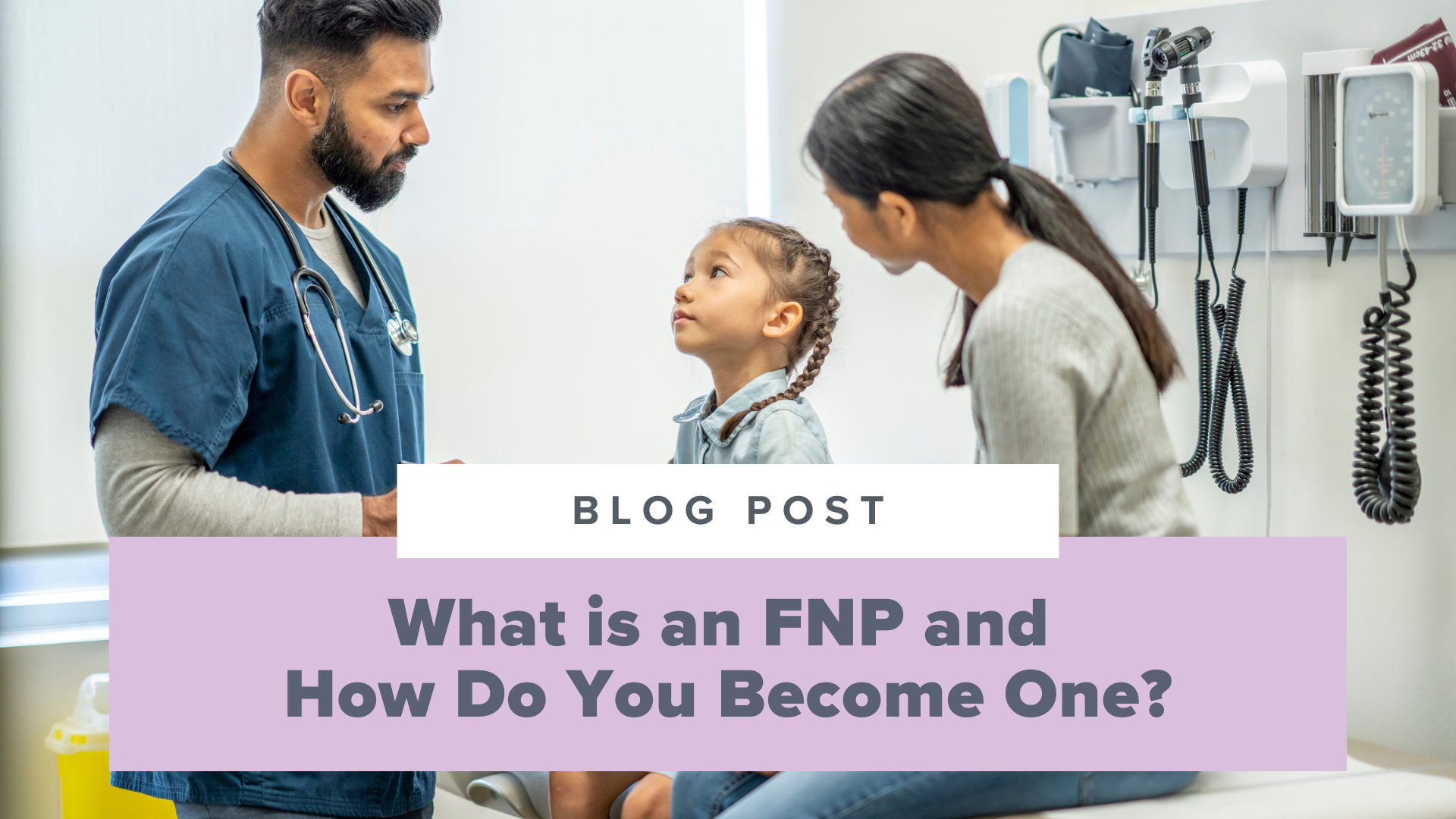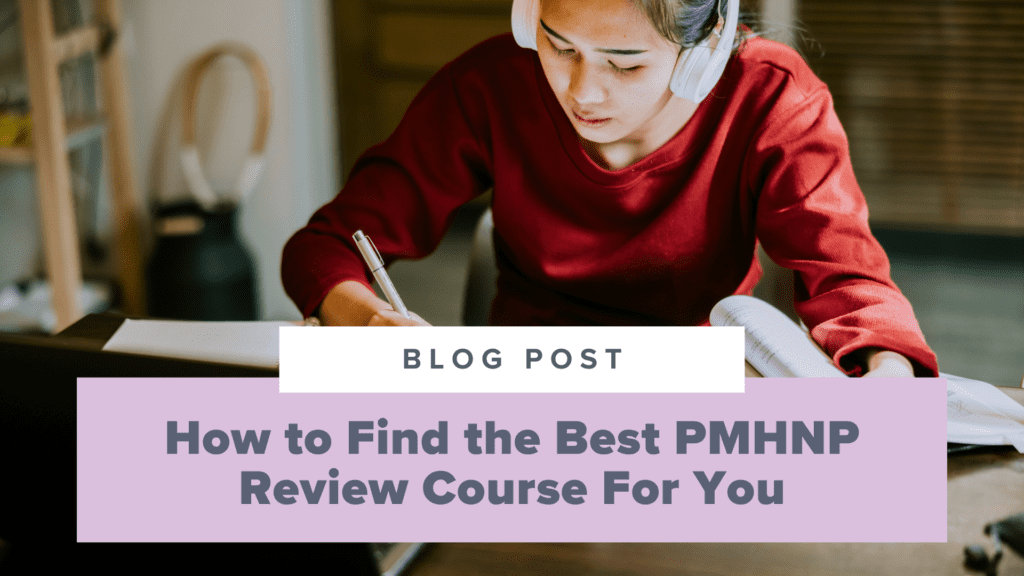What is an FNP and How Do You Become One?
- by
- Oct 09, 2024
- Articles

Are you thinking about taking on a new role in your nursing career and becoming a nurse practitioner? There are so many different NP specialties to choose from, but the most common specialty for nurse practitioners is a family nurse practitioner (FNP). So, what does an FNP do? And how do you know if it’s the right path for you?
In this post, we’ll help you find answers to those questions. We’ll go over some key points about the FNP specialty, including how to earn your certification, responsibilities and scope of practice for FNPs, and the various paths you can take after becoming an FNP.
Let’s get started!
What does “FNP” mean?
So what, exactly, does it mean to be an FNP? Well, here it is in a nutshell. An FNP is a type of advanced practice registered nurse (APRN). FNPs specialize in the primary care of individuals across the lifespan. That means they care for people outside of the hospital setting, like in primary care offices, community health centers, and specialty outpatient clinics. With family health a focus, FNPs can provide prenatal care all the way through older adulthood and end of life.
What can I do as an FNP?
Nurse practitioners are able to diagnose and treat patients within their specialty. An FNP performs advanced physical assessments, orders and interprets diagnostic tests, diagnoses conditions, prescribes medications, and helps to oversee the care of acute and chronic conditions in the primary care setting. In my own role as an FNP, I’ve worked in a family medicine office, long-term care facilities, and a pediatric primary care office. There are so many possibilities!
FNPs don’t usually practice acute care.
While FNPs have a wide scope of practice, it’s important to emphasize the primary care setting in which FNPs practice. If you love acute care and working in a hospital, you might want to consider NP roles in acute care.
🩺 For more information on the scope of practice for NPs, check out our post here!
How can I become an FNP?
What does the path to becoming an FNP look like? The minimum requirement is a master’s degree, but you can also earn your FNP through a post-master’s certificate (if you already have a master’s degree in nursing), or through some Doctor of Nursing Practice (DNP) programs. There are so many options, including in-person, online, and hybrid programs, so you’ll be able to find the school that best meets your needs.
How long does it take to become an FNP? It really depends on the program, but most master’s programs will take 2–3 years to complete. In addition to coursework, you can expect at least 500 clinical hours as well.
All accredited FNP programs allow you to sit for the board certification exam after graduation, through either the American Association of Nurse Practitioners (AANP) or the American Nurses Credentialing Center (ANCC).
How much does an FNP make?
Lastly, let’s talk about money. While your desire to further your nursing career is likely not completely financially motivated, it’s nice to know you can make a comfortable salary as an FNP. According to AANP, the median annual salary for a nurse practitioner was $113,000 in 2021. However, that salary can vary quite a bit based on location (cost of living, full practice authority, access to care, etc.) and specialty.
Regardless, it’s a significant pay bump from the average registered nurse salary of just over $86,000 in 2023 reported by the U.S. Bureau of Labor Statistics.
Final Thoughts
We hope this clarifies FNP meaning, gave you a better idea of what the path to becoming an FNP looks like, and whether it’s right for you. I’m pretty biased (as an FNP myself), but being a family nurse practitioner will give you the opportunity to care for all individuals in the primary care setting. I’m able to provide quality care and develop meaningful relationships with my patients. I love what I do!
💜 Becoming an FNP takes time and hard work, but it’s so worth it in the end. If you’d like to become an FNP one day, check out our FNP study resources at SMNP Reviews, including live instruction, self-paced courses, and more!
Search the Blog
Join our Facebook Group!
Get FREE support and encouragement from thousands of FNP/AGPCNP students and our NP Support team.
Learn More3 Study Hacks to Conquer Your NP Exam!
Download these tips that have helped thousands of students pass their NP board exams.
Download NowInstitutional Partnerships
Are you a faculty member and would like to bring Sarah Michelle’s resources to your school? Email us at nursinggroups@blueprintprep.com for special institutional pricing or click on the link below to learn more.
Learn MoreGroup Discounts
Are you a student and have 10 or more classmates interested in purchasing Sarah Michelle’s courses? Email us at nursinggroups@blueprintprep.com for special pricing.



